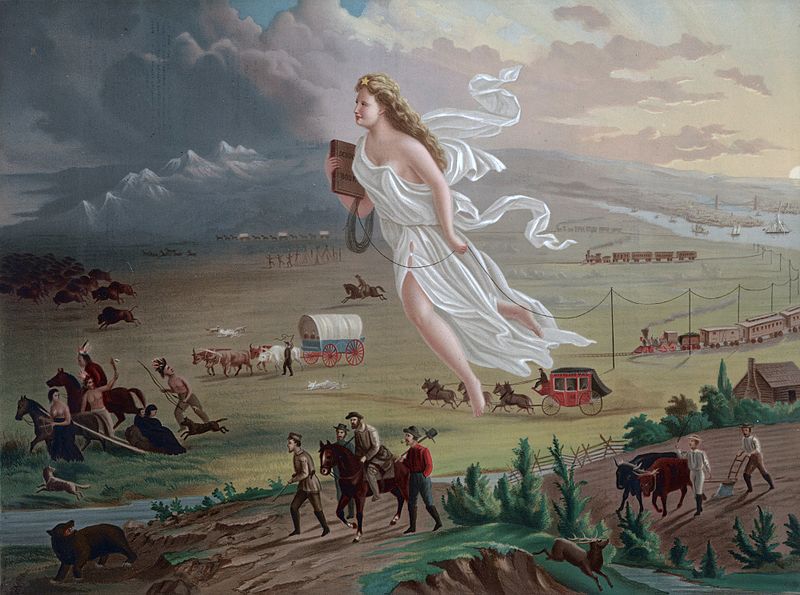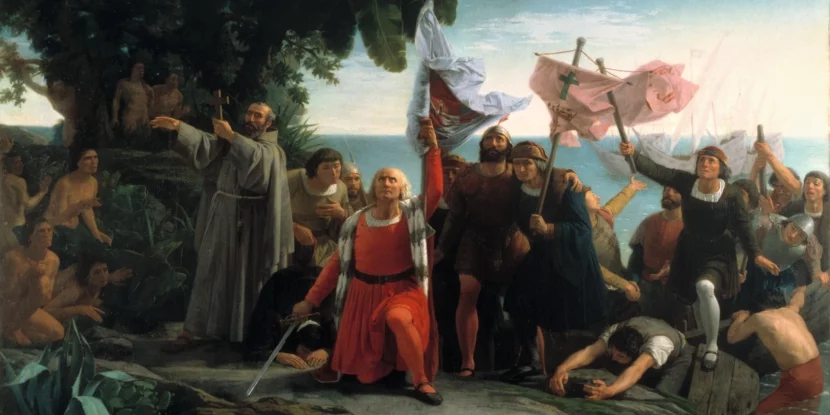Once upon a time, today was Columbus Day – a national celebration of the founding before the Founding, when Christopher Columbus set sail across the great Western ocean to discover the New World and set in motion the chain of events that led to the birth of the United States of America.
Now, some would have us believe today is Indigenous People’s Day – though this is not really a celebration of indigenous culture as much as an Anti-Columbus Day, in which the Italian navigator is unjustly pilloried as a butcher and a tyrant, and the European settlement of the Americas denounced as a historic crime.
Columbus never stepped foot in North America himself, with his first voyage taking him to Hispaniola, now Haiti and the Dominican Republic, while subsequent voyages carried him to Central and South America.
Yet his intrepid spirit and voyage of discovery has captivated the American imagination for centuries. The district which hosts the federal capital bears his name, as do multiple state capitals, and the goddess Columbia long embodied the American nation, as Britannia embodies Great Britain and Marianne embodies the French Republic.

Columbus’s central place in American history went without question for generations. American aesthetics arguably reached their peak with the World’s Columbian Exposition in Chicago in 1893, which saw a great – if sadly temporary – city erected on Jackson Park to celebrate the quadricentennial of the Italian’s discovery of the New World, complete with a full-size replica of his flagship, the Santa Maria, and its sister vessels.
In later American history, and despite his negative transfiguration into a colonial hate figure, he came to be viewed not only as a pioneer, but as a role model for Italian-Americans and Catholic Americans more broadly, whose status as relative latecomers had left them somewhat adrift from the American story, with few roots connecting them to Revolutionary or Civil War era, and a even a certain national antipathy towards their faith.
What is certain is that without Columbus’s discovery of the Americas – with apologies to Leif Erikson, whose logging expeditions to Vinland were a tremendous feat of seamanship but never amounted to much – there would have been no United States as we know it, and possibly no West, either.
For those who despise the West and what is stands for, and whose ignorance of Asian, African, and Native American history leads them to believe European conquests were not just unique but uniquely evil, this is no bad thing.
But to Americans who do not hate their own existence, and recognize their country as the leading light of personal liberty and human accomplishment in the world today, this will always be Columbus Day, and the achievements of the man it memorializes will always be worth honoring.


